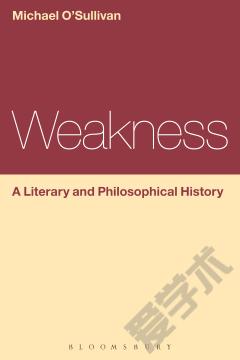Evil: A History in Modern French Literature and Thought
In this original, interdisciplinary approach to evil in French literature, Damian Catani links literary depictions of evil with cultural events to chart a history of the concept in some of the most important texts in modern literature. Beginning with Balzac and Baudelaire, Catani covers the restoration and the Second Empire before interpreting how Catholic stereotypes of the 'evil feminine' and new scientific theories impacted the work of Lautréamont and Zola. Moving into the twentieth century, evil is then explored in terms of the Self, power, knowledge and politics through readings of Proust, Céline, Sartre and Foucault. By seamlessly bringing together aesthetic, philosophical, historical and ideological concerns to read key French writers from the 18th to the 21st century, this study argues why a broader treatment of literary evils is vital to understanding our contemporary moral and political climate.
{{comment.content}}








 京公网安备 11010802027623号
京公网安备 11010802027623号